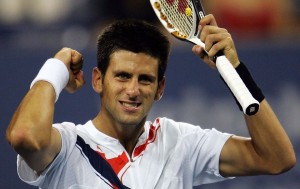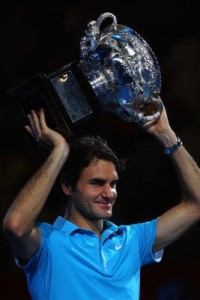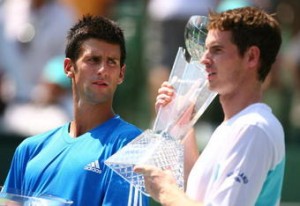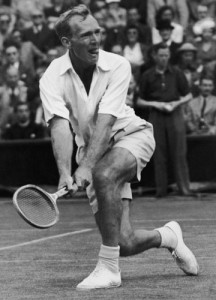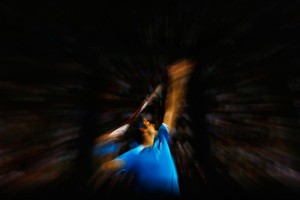Posted on
January 22, 2011 by
JA Allen
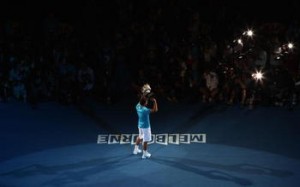
Roger Federer won the Australian Open in 2010.
Winning this year’s Australian Open conceivably paves the way for a great year for Roger Federer, allowing him to win his fifth Australian Open title in 12 years of hard-fought competition in Melbourne Park.
Except for 2010, Federer’s most productive years came when he started the year by winning the Australian Open.
Federer has won six Wimbledon titles, five U.S. Open Championships, four Australian Open titles and one French Open Championship.
Currently, Federer holds 16 career grand slam singles titles, a record for male tennis players.
During each of the past eight years, Federer has won at least one grand slam title, winning his first in 2003 and his last in 2010. Both years, he won only one major.
In 2004, Federer won three slams. In 2006 and 2007 Federer again won three of the four majors.
The act of winning in Melbourne re-focused Federer on his dream to win a career calendar year grand slam, like Aussie Rod Laver in 1969.
As he nears 30, Federer once again seeks to capitalize on his newfound confidence and zeal for the game by winning again in Australia.
The Swiss wishes to advance his current World No. 2 ranking.
Federer hopes to enhance his position during the remainder of 2011 when he has fewer ranking points to defend while Rafael Nadal, the current World No. 1, has many.
Year 1: Roger Federer in the 2000 Australian Open
Roger Federer entered men’s professional tennis as the No. 1 ranked junior in 1998.
The Swiss possessed enormous talent. The world waited for Federer to break through to become the champion they expected.
But like all good things, the Swiss needed to season his talent.
Federer first participated in the Australian Open in 2000, ranked World No. 66, after failing to qualify the previous year.
That year, the No. 1 seed at the Australian Open was Andre Agassi who did, in fact, win that year.
Federer entered unseeded in Melbourne in 2000.
In the first round, the Swiss defeated American Michael Chang 6-4, 6-4, 7-6.
Jan Kroslak of Slovakia was Federer’s opponent in the second round. The Swiss won that match 7-6, 6-2, 6-3.
In the third round, Federer faced Arnaud Clement, ranked World No. 49 at the time.
Federer lost that match to the Frenchman 6-1, 6-4, 6-3, ending his run at the Australian Open in his first year of competition down under.
Read the rest of this entry →
